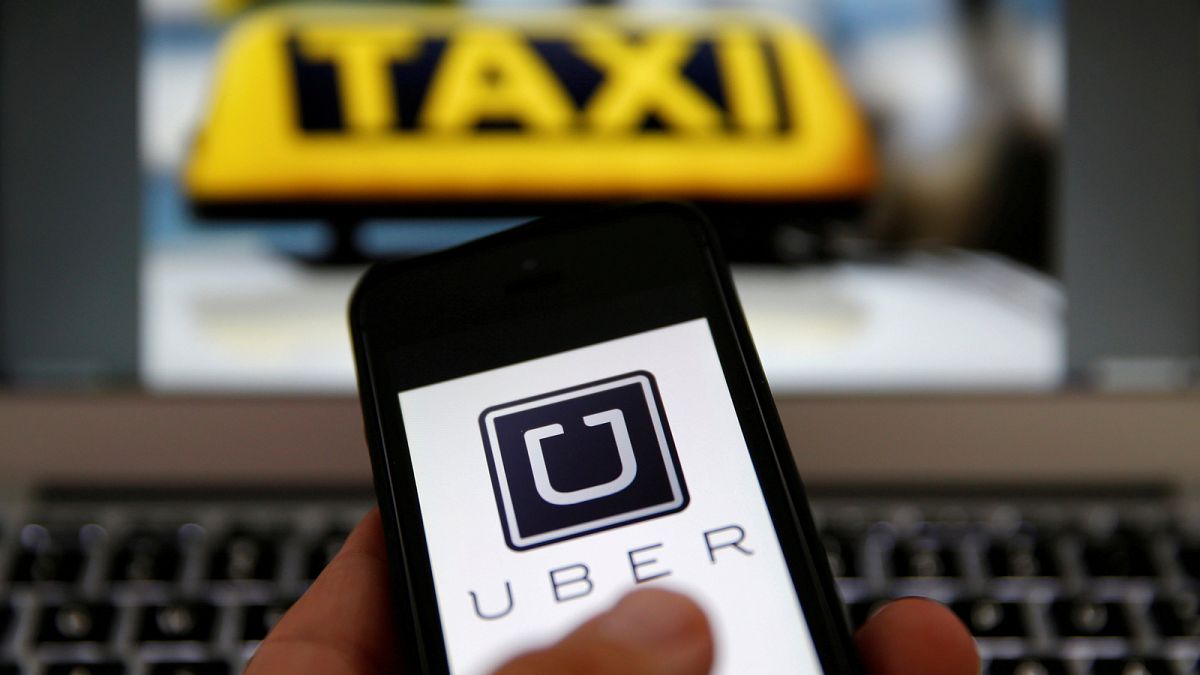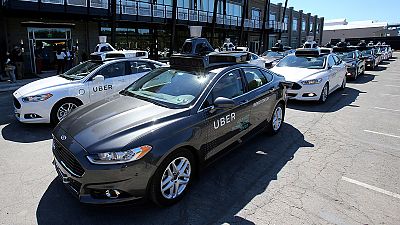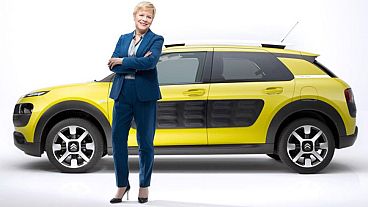An adviser to the Court of Justice of the European Union says Uber does provide a transport service and should be licensed.
Uber has lost a round in the argument over whether it is taxi or techie.
An adviser to the Court of Justice of the European Union (ECJ) has decided Uber does provide a transport service and should be licensed in the same way that other taxi companies are.
“The Uber electronic platform, whilst innovative, falls within the field of transport: Uber can thus be required to obtain the necessary licences and authorisations under national law,” the statement from the ECJ said.
The opinion of Advocate General Maciej Szpunar is non-binding but the court’s judges do follow it in most cases.
AG Szpunar consider Uber is a transport service and can be required to obtain licences/auths. under nat. law https://t.co/mgbSrzXMp1
— EU Court of Justice (@EUCourtPress) 11 May 2017
Uber has insisted it is merely a tech platform, a digital enabler for passengers to summon a ride through an smartphone app.
But it has been challenged in the courts by established taxi companies and some EU countries because it is not bound by strict local licensing and safety rules which apply to some of its competitors.
The final court ruling in the case will come later this year. It was originally brought by taxi drivers in Spain who has been some of the most vehemently opposed to Uber.
Responding Uber said even if it is considered a transportation company, that “would not change the way we are regulated in most EU countries”.
Landmark case
This was seen as a landmark case in the so-called sharing economy and could have knock-on effects on other gig economy firms such as Airbnb and food delivery company Deliveroo.
The Advocate General said Uber drivers “do not pursue an autonomous activity that is independent of the platform. On the contrary, that activity exists solely because of the platform, without which it would have no sense.”
Uber could not be regarded as a mere intermediary between drivers and passengers because it controlled economically important aspects of the urban transport service, Szpunar said in the opinion.
“The service amounts to the organisation and management of a comprehensive system for on-demand urban transport,” the ECJ statement said.
The court battles come as Uber struggles with a wave of executive departures and criticism of its work culture.
Another good article abt the European Court case on classifying Uber & consequently how to #regulate the sharing eco…https://t.co/LLj2TFVj2x
— Anna Ehrnrooth (@ehrnran) 8 December 2016



